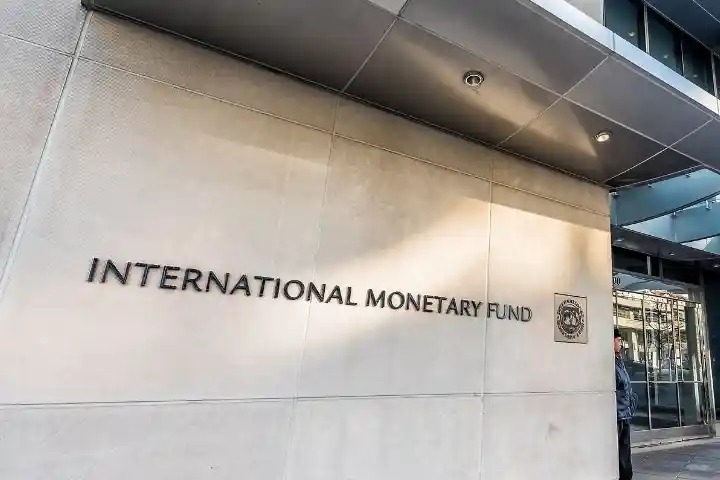According to the IMF’s update, global economic growth is projected to fall from an estimated 3.4% in 2022 to 2.9% in 2023 before rising to 3.1% in 2024…reports Asian Lite News
The International Monetary Fund (IMF) released the latest World Economic Outlook report this week where they predicted that global inflation is set to drop this year amid subpar economic growth.
In most economies, amid the cost-of-living crisis, the priority remains to achieve sustained disinflation. “In most economies, amid the cost-of-living crisis, the priority remains achieving sustained disinflation. With tighter monetary conditions and lower growth potentially affecting financial and debt stability, it is necessary to deploy macroprudential tools and strengthen debt restructuring frameworks,” read the report.
The war in Ukraine and the rise of central bank rates to fight inflation were highlighted as factors constraining economic activity. However, the re-opening of China and the loosening of pandemic-related lockdown restrictions may help to boost global growth.

The ongoing war in Ukraine and logistical challenges posed by the pandemic and other geopolitical issues have kept price pressures high, particularly in energy commodities and general foodstuff.
Global inflation is geographically broad-based, while it still remains high in the Americas and Europe, it is lower in many parts of Asia.
According to the IMF’s latest World Economic Outlook update, global economic growth is projected to fall from an estimated 3.4 per cent in 2022 to 2.9 per cent in 2023 before rising to 3.1 per cent in 2024.
Although forecasted growth remains “subpar”, the overall picture has improved slightly since the previous predictions were made. The current projection for 2023 is 0.2 percentage points higher than predicted in the October 2022 World Economic Outlook.
This is not a massive cause for celebration, since growth remains below the historical average of 3.8 per cent roughly sustained between 2000 and 2019.
The IMF also provided growth projections on an individual basis for some states and regions. In 2022, the United States had an estimated growth of 2.0 per cent. In 2023, it is projected to fall to 1.4 per cent, before a further drop to 1.0 per cent in 2024.
Meanwhile, China’s growth is expected to rise from 3.0 per cent in 2022 to 5.2 per cent this year. However, in 2023, it is projected to fall to 4.5 per cent.
The report further state that India’s growth is expected to decline from 6.8 per cent to 6.1 per cent this year. However, in 2024 it is projected to rise to 6.8 per cent.
With its economy battered by Western sanctions, Russia endured an estimated negative growth of -2.2 per cent in 2022. This is expected to rise to 0.3 per cent in 2023, with a further rise expected in 2024 to 2.1 per cent.
According to IMF estimates, the Euro Area had a combined growth of 3.5 percent in 2022. The forecast for 2023 is 0.7 per cent and for 2024, 1.6 per cent.
The United Kingdom had arguably the worst projections, with it being the only major economy expected to shrink in 2023. The estimated growth in 2022 was 4.1 per cent. However, in 2023, growth is projected to shrink to -0.6 per cent, before making a meagre recovery to 0.9 per cent in 2024.
Inflation reached 8.8 per cent in 2022, according to the IMF. This is expected to fall to 6.6 per cent in 2023 and a further drop to 4.3 per cent is forecasted for 2024.
Global inflation is set to fall from 8.8 per cent in 2022 (annual average) to 6.6 per cent in 2023 and 4.3 per cent in 2024 — above pre-pandemic (2017-19) levels of about 3.5 per cent. The projected disinflation partly reflects declining international fuel and non-fuel commodity prices due to weaker global demand. It also reflects the cooling effects of monetary policy tightening on underlying (core) inflation, which globally is expected to decline from 6.9 per cent in the fourth quarter of 2022 (year over year) to 4.5 per cent by the fourth quarter of 2023. (ANI)

Leave a Reply